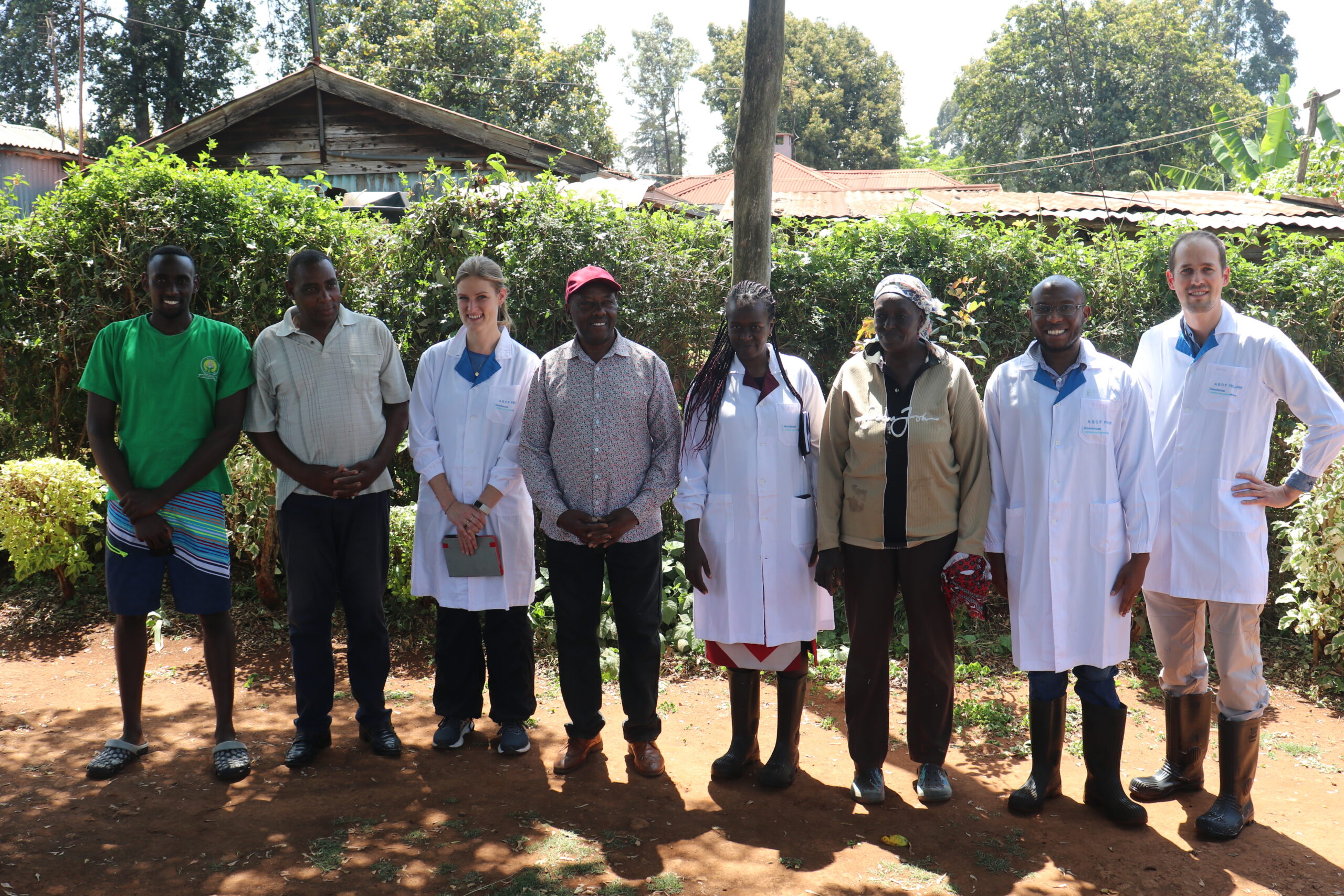In early October 2023, ICARS’ science team, composed of Rodolphe Mader, Erica Westwood, and Sunday Ochai, travelled to Kenya on a scoping visit. Their primary objective was to gain a deeper understanding of the challenges associated with mastitis management and antibiotic use within the country’s smallholder dairy systems. Additionally, the visit aimed to frame a potential project that could address the challenges identified, aligning with the government’s keen interest in mastitis and its significant economic implications.
Engaging with Key Stakeholders
From the outset of their visit, the ICARS science team had the privilege of engaging with key figures within the Kenyan veterinary sector. These discussions provided invaluable insights into the government’s approach to animal health and welfare. Notable meetings were conducted with the Director of Veterinary Services and Chief Veterinary Officer (CVO) of Kenya, Dr Obadiah N. Njagi, and the Deputy Director of Veterinary Services (DVS), Dr Allan Azegele, both of whom emphasized the urgency of addressing mastitis and antibiotic usage within the dairy industry.
Dr Obadiah N. Njagi noted that ICARS’ visit and interest coincided with the government’s heightened emphasis on dairy production within its economic agenda for the current administration. The government of Kenya also underscored its unwavering commitment to the vital mitigation of AMR and the prudent use of antibiotics.
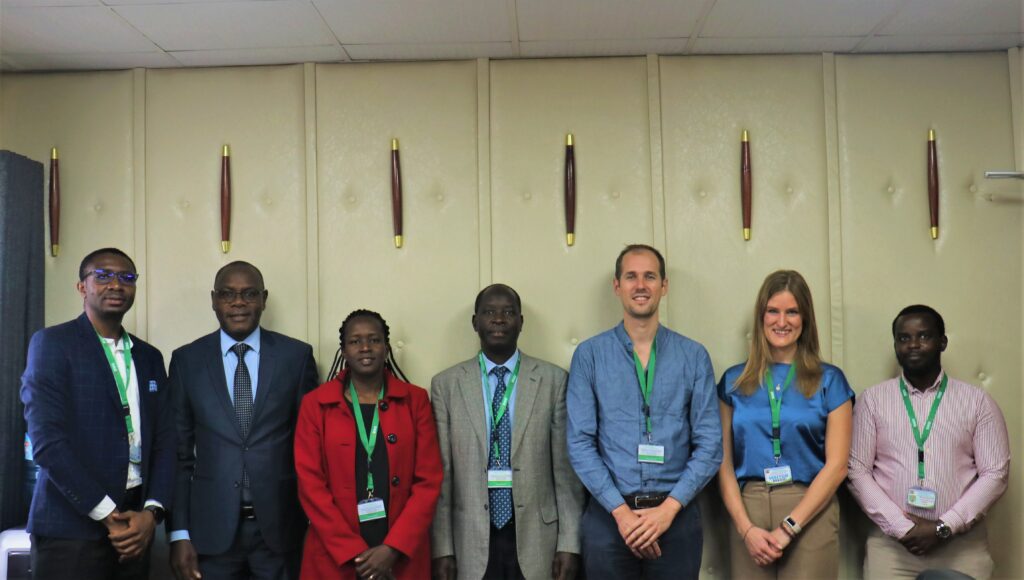
Gaining On-the-Ground Insights
A pivotal aspect of the visit involved on-site visits to smallholder dairy farmers in Gĩthũngũri. This immersive experience allowed the team to gain first-hand insights into the practices, challenges, and needs of these farmers, particularly in the context of mastitis management and antibiotic use.
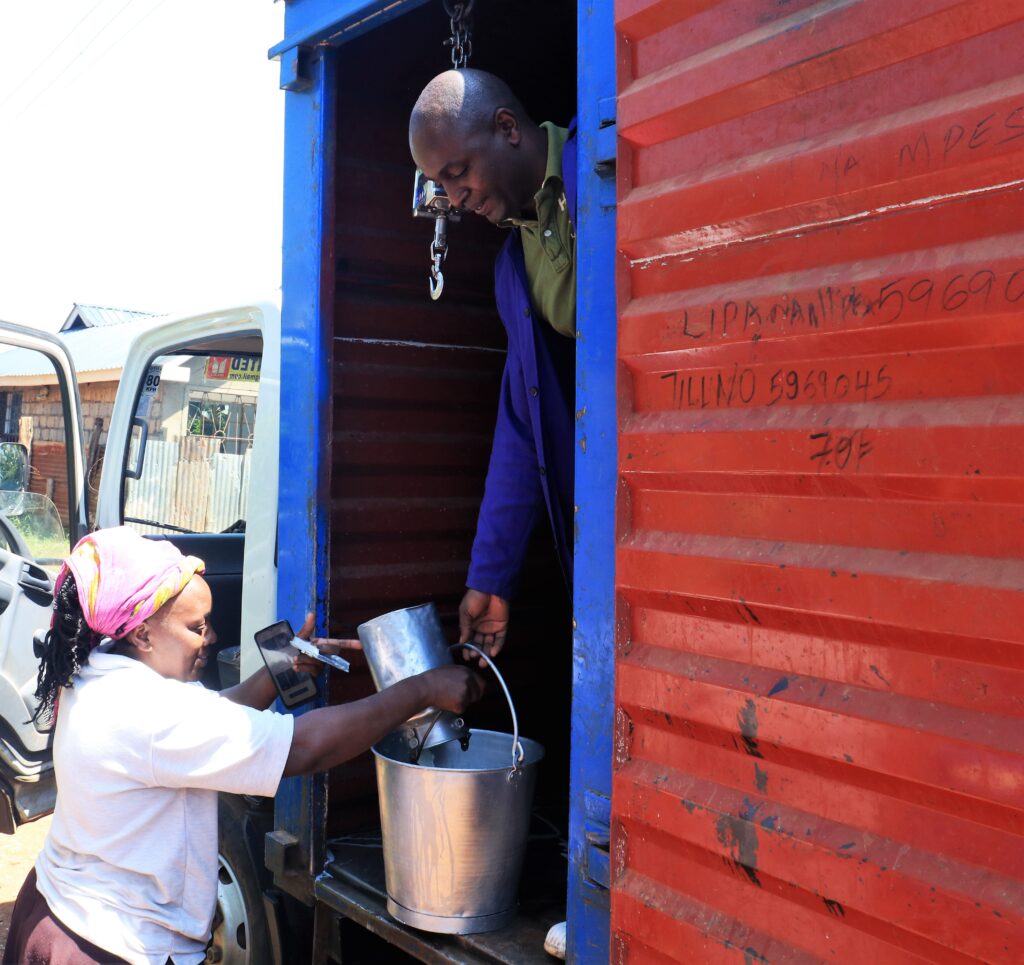
The visit served as an opportunity for constructive dialogue and potential project development. Workshops and discussions with various stakeholders shed light on the intricacies of the Kenyan dairy value chain, revealing both opportunities and challenges within the local context.
“The current conditions of mastitis and antimicrobial usage (AMU) in Kenya’s dairy sector represent a distressing scenario, resulting in a lose-lose outcome for all stakeholders. It is the collective responsibility of every participant in the dairy value chain to transform this situation into a mutually beneficial win-win scenario,” Dr Mader.
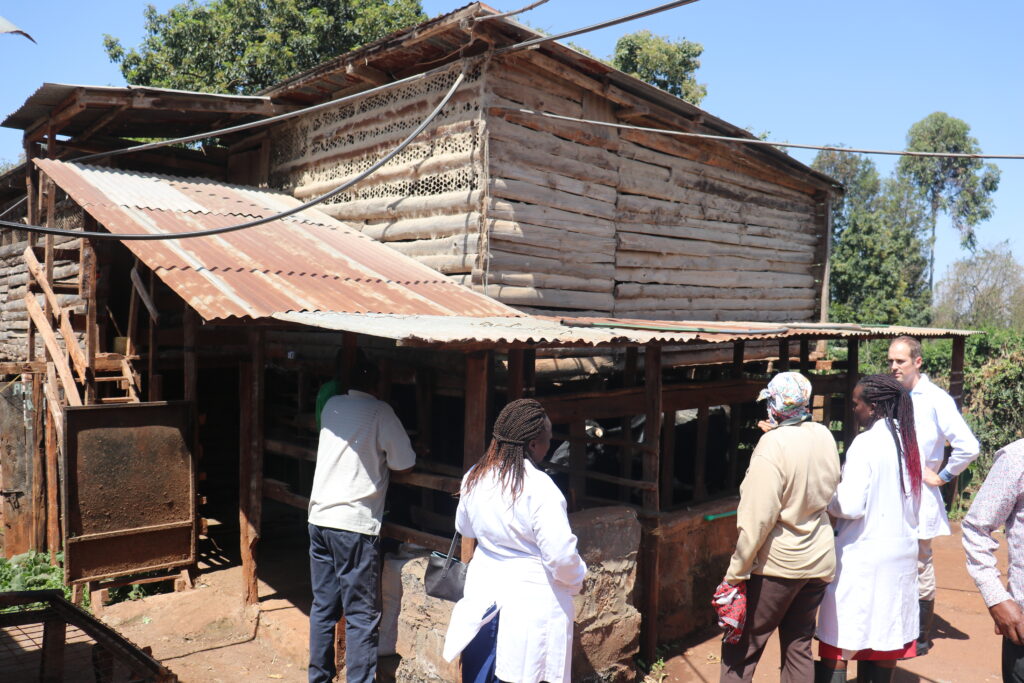
Key Takeaways
Throughout the visit, a unanimous and unwavering commitment was observed, stemming from both the government and stakeholders, with all parties resolved to address the issue of mastitis and explore sustainable solutions.
Stakeholders demonstrated a profound understanding of the pivotal leverage points necessary for instigating meaningful change as well as a strong collective commitment to mitigating AMR in the country.
According to a dairy farmer, the stakeholder workshop organised by ICARS brought together players who typically wouldn’t convene at the same table. In his opinion, such workshops hold significant importance in the fight against the mastitis scourge.
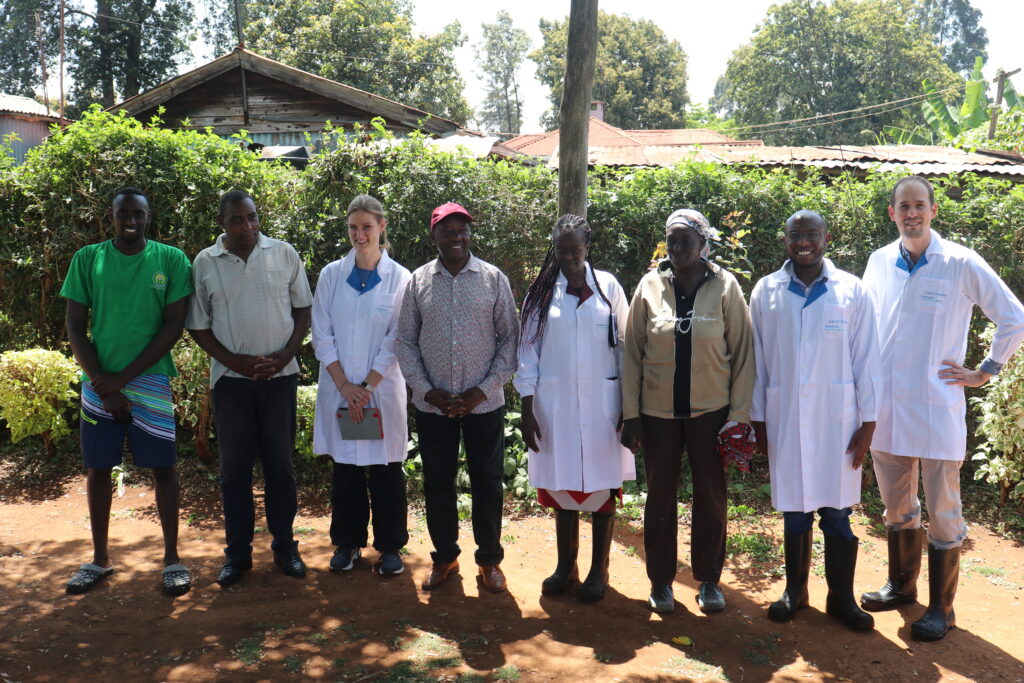
Looking Ahead
Following this insightful and productive visit, the ICARS team eagerly anticipates further deepening partnerships with veterinary professionals, research institutions, and ministries in Kenya. These collaborative efforts aim to effectively mitigate the role of the dairy industry in the selection and dissemination of antimicrobial-resistant bacteria. Ultimately, it will enhance animal welfare and support the livelihood of smallholder dairy farmers.

